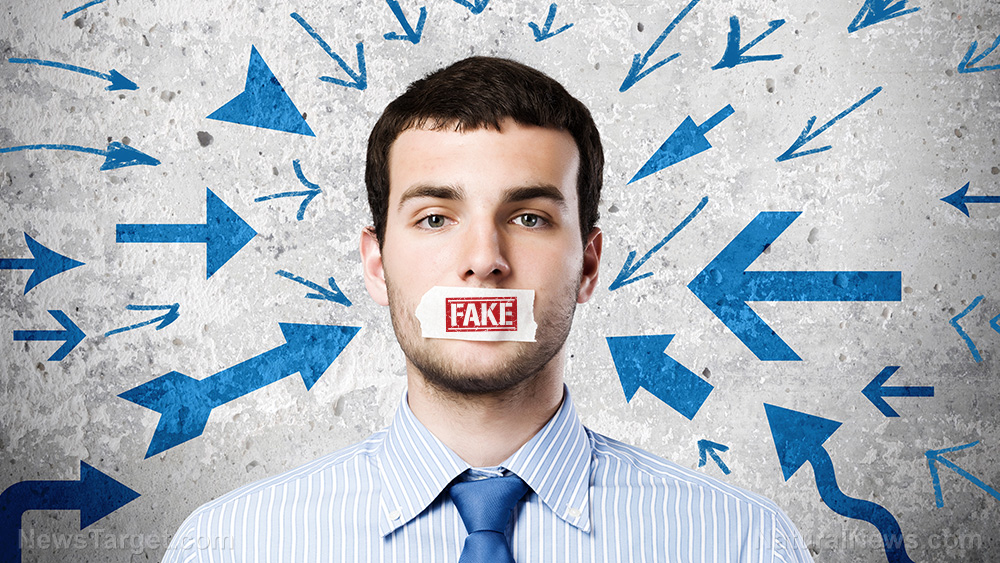Facebook working to label conservative news as fake news to impact French election
02/09/2017 / By Randall Wilkens

During the course of the past year or so, the topic of fake news seems to have garnered more and more attention nationwide. The United States presidential election was a driving force and major factor in the spread of what some deemed to be false reporting, particularly on social media. Leading the charge against fake news, Facebook gladly took up the reins to help determine for its users what news was real and what they didn’t need to know about.
In December, the company began introducing tools to make it easier for people to combat news which they did not feel would be appropriate for other users to read. By merely flagging a story that the user felt was implausible for whatever reason, personal or otherwise, that article would then be brought to Facebook’s attention as well as that of several other media companies. If a minimum of two of those companies come to the same determination that the news is indeed fake by their standards, the article is then flagged and other users who try to post the same content will receive a warning notification in the form of a banner stating that it has been “disputed by 3rd Party Fact Checkers” along with links to articles that apparently disprove the post. The post will also be shown lower in users’ News Feed. Any advertising coinciding with the newly deemed “fake” news will also be banned. [RELATED: For more information on censorship, check out Censorship.news]
Additionally, the independent fact-checking agencies Facebook is working with comprise the Poynter International Fact Checking Network, who have their own set of standards which they use to determine what news is OK for citizens to read and which news, according to them, has no actual merit. These companies include Snopes, ABC News, Politifact, and FactCheck.org, although additional companies are planned to be added in the future.
As the outward image being presented by Facebook and other companies is one of keeping with the truth, many viewed the birth of the term “fake news” as a mere ploy by the left to suppress any information that would give Republicans any kind of foothold or credibility, while allowing them to be labeled as racists, sexists, etc. Opponents to these new filtering practices on Facebook feel that news media organizations that typically have ties to, and largely lean toward, the left are being given a pass, despite having presented what could also be considered fake news.
While these ploys had only been in use in America, many European heads of state have also expressed worry over “misinformation” on Facebook having an effect on upcoming elections in various countries. Because of this, the tactics were unleashed in Germany in January and will now be used in the upcoming French election. The social media behemoth will be working alongside Le Monde, in addition to at least 16 different French media partners, through the use of CrossCheck, a fact-checking initiative. While this is a new move for Facebook, Le Monde and other left leaning magazines and newspapers have already created databases that consist of over 600 different websites the newspaper has determined not newsworthy. [RELATED: For more stories about Facebook’s questionable practices, head over to Facebook.fetch.news]
Despite initial reluctance to join forces with Facebook in this matter, Le Monde’s editorial director, Jérôme Fenoglio, now seems upbeat about the partnership which he describes as an “experiment.” In a statement he said, “That’s what convinced us to join. For the first time, it’ll be possible to tweak the algorithm if there’s an editorial issue with a post.” With the French presidential elections beginning in April, ominous words such as these may just have the world watching France this year to see just how much further to the left its citizens can be swayed.
Sources:
Tagged Under: Censorship, Facebook, French elections


















